A lot of patients start with a general dentist, but there are several types of dental specialists that you may be referred to or you may find on your own. A specialist has gone through several years of additional education and/or training in a residency program. From extracting your wisdom teeth to gum grafts, we have some of your most common dental specialists explained here:
• Oral and Maxillofacial Surgeon – Oral surgeons treat problems related to hard and soft tissues of your mouth, jaw, and face. Oral surgeons primarily work off referrals and are typically referred cases that are beyond the scope of a general dentist’s expertise. Procedures that oral surgeons perform include teeth extractions, implants, biopsies, soft tissue repair, tumor removal, exposure of impacted teeth, trauma and reconstructive jaw surgery. Oral surgeons also specialize in all levels of anesthesia, and are the only providers other than anesthesiologists to do so.
• Endodontist – Endodontists specialize in performing root canals. Teeth contain very small canals which contain nerves and blood vessels. Endodontists diagnose and treat problems within the interior of the tooth. Problems with the interior of the tooth can be caused by decay, cracked/fractured teeth, or even traumatic injury.
• Orthodontist – Orthodontists specialize in correcting the position of your teeth and jaws, including overbite, underbite, and crossbite. They use braces, clear aligners, palatal expanders, and headgear as treatment. Orthodontists can also identify and help treat developmental problems of the face and jaws.
• Pediatric Dentist – Pediatric dentists specialize in the oral health of children. General dentists can and do see children as well, but pediatric dentists have additional training working with children and teens. Their office atmosphere is typically geared towards children and teens, making them more comfortable. Pediatric dentists can also be great for patients with special needs.
• Periodontist – Periodontists specialize in treating disease of the gums and supporting teeth. Periodontists treat oral inflammation, root surface debridement, scaling and root planing, gum grafts, regenerative procedures, as well as implants.
• Prosthodontist – Prosthodontists specialize in cosmetics, including implants, crowns, bridges, dentures, veneers, and reconstructive dentistry. A prosthodontist will usually deal with issues involving tooth loss or jaw problems. Similar to the other listed dental specialists, they often work together with other dental professionals as part of a treatment team.





